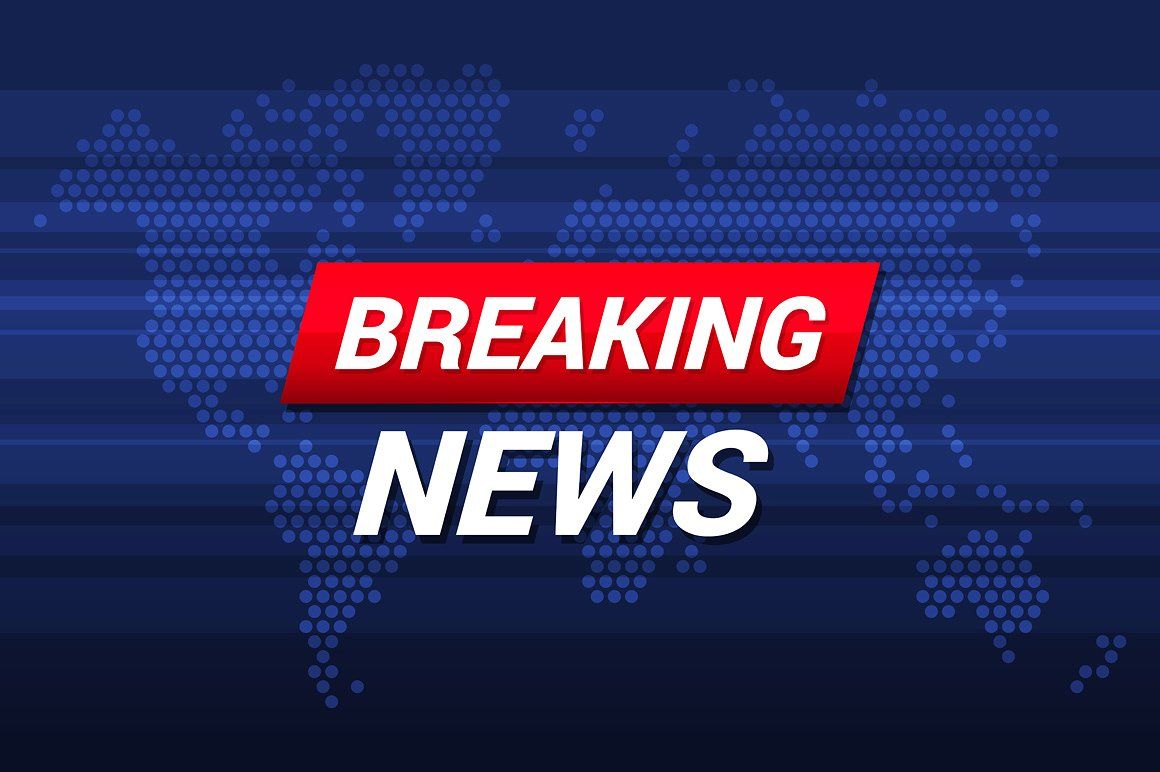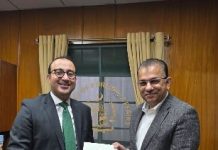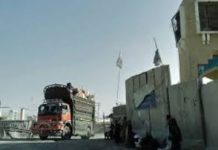ISLAMABAD: Expectations are high as the talks began at Vienna between the remaining signatories of JCPOA and Iran. The US has proposed an incremental approach to resolve the nuclear issue which Iran has so far refused. The actual situation on the ground, therefore, has not changed. The recent talks, however, have provided an opportunity for both the US and Iran to revisit their policies to have some sort of confluence. These were the views were expressed by the panelists of the webinar on ‘JCPOA and the International Multilateral Diplomacy’, organized by the Institute of Regional Studies.
While speaking to the webinar Lt. Gen (retd) Abdul Qayyum said that failure of the nuclear talks would not only undermine the US’s credibility of its foreign policy but also complicate Iran’s position both at the regional and international level. While putting weight on Biden’s multilateral approach, he hoped that the good sense will prevail this time around. He added that there is a greater responsibility on the US’s shoulder to take the negotiations with Iran to a meaningful level.
Prof. Muhammad Reza Takhshid of Iran said that the role of JCPOA is crucial in breaking the deadlock between the US and Iran. While responding to a question of the change of leadership in Iran and its impact on the negotiations Mr. Takhsid categorically stated that nuclear is a national issue that has the blessings of Iran’s supreme leader, so whoever comes in power in the coming presidential polls in Iran, will have to take the supreme leader into confidence. He further said that right now, the Iranians, the politicians, and the supreme leader believe that it is in the country’s benefit to joining the talks purposely to revive the JCPOA in its original form.
If the deal is revived, it would certainly help Iran to improve its economy, said Prof. Syed Qandeel Abbas of Quaid-i-Azam University. In case of failure, Iran would expedite its outreach to other countries to circumvent the US sanctions, he added. In line with this, Tehran has already entered into a partnership with China. Dr. Qandeel however stressed that the revival of the nuclear deal is crucial as it can potentially thwart regional as well as international polarization.
While commenting on what Dr. Qandeel said, Prof. Samina Yasmin of Western Australia argued that the polarization in the present circumstances is anything but a disaster. The failure of the JCPOA would likely fan the radicalization, she added.
While concluding the session Mr. Imran Sardar from IRS said that nothing can be said for sure at this moment about the outcomes of JCPOA talks. However, the Tuesday meeting between the remaining signatories of JCPOA and Iran is at least going to establish some kinds of specifications of the problem that would ultimately help build the modalities of compliances from both sides. The success of the upcoming talks largely depends on the genuine impulse and loyalty to the agreed terms, he added.
















